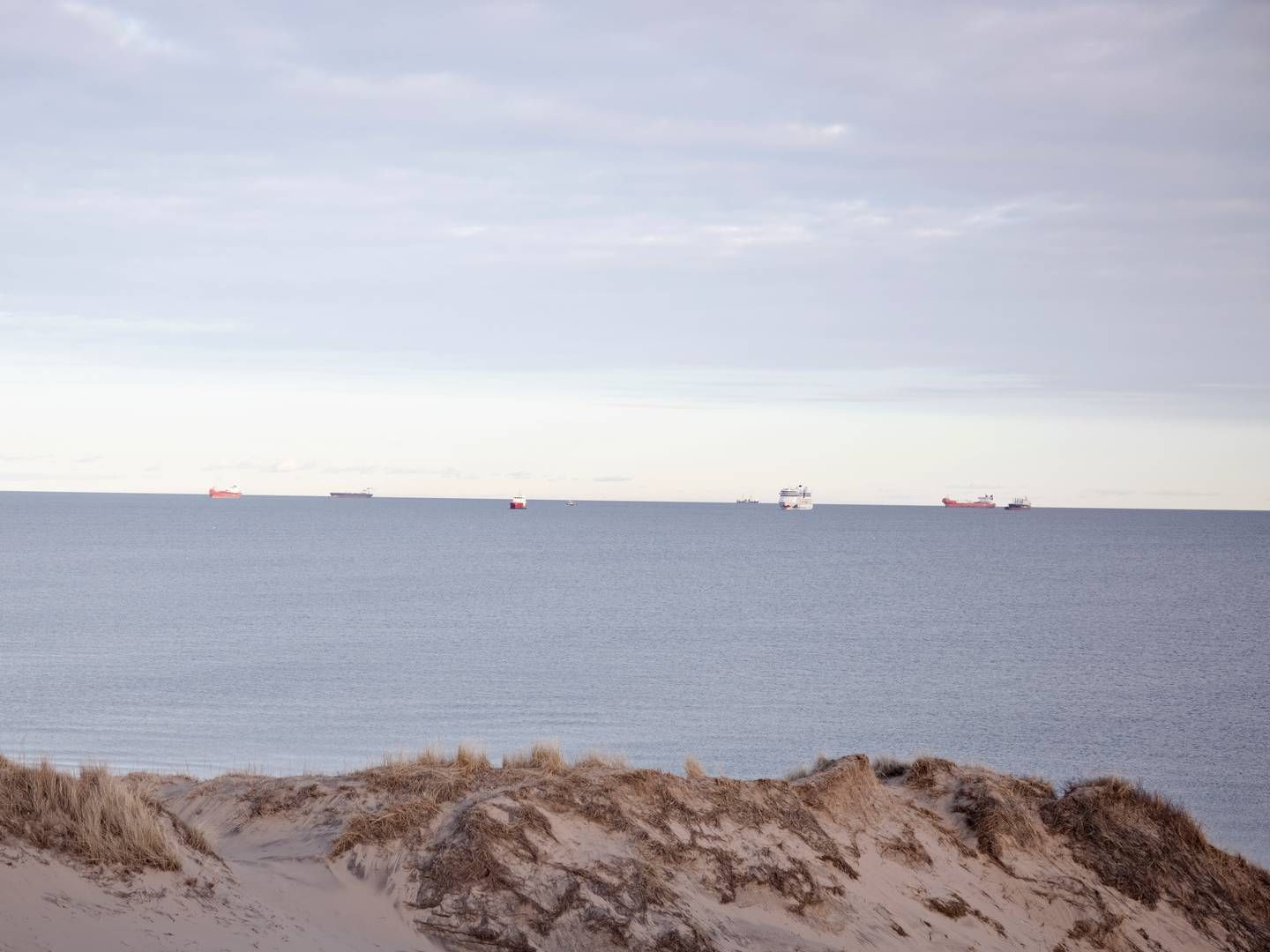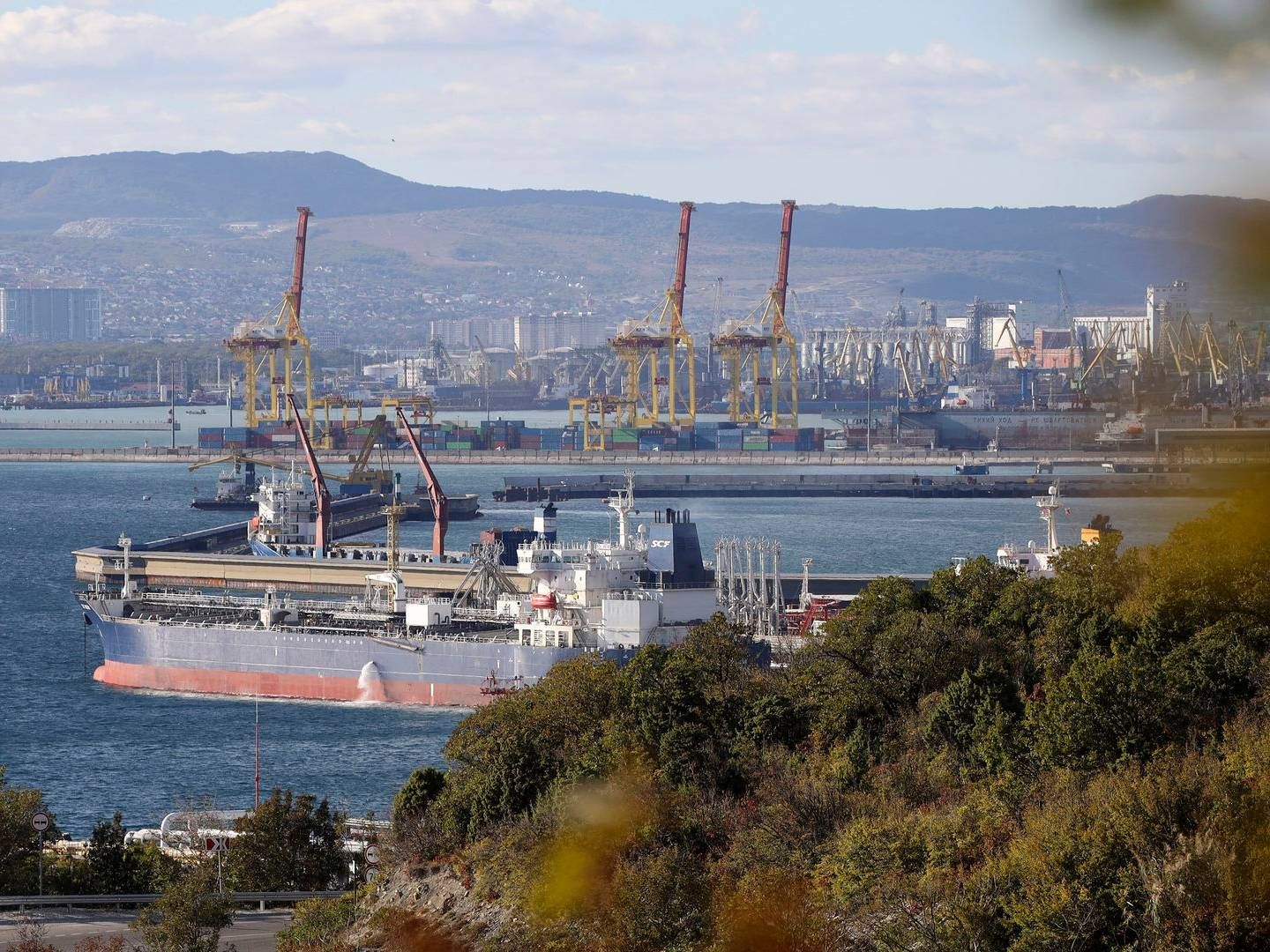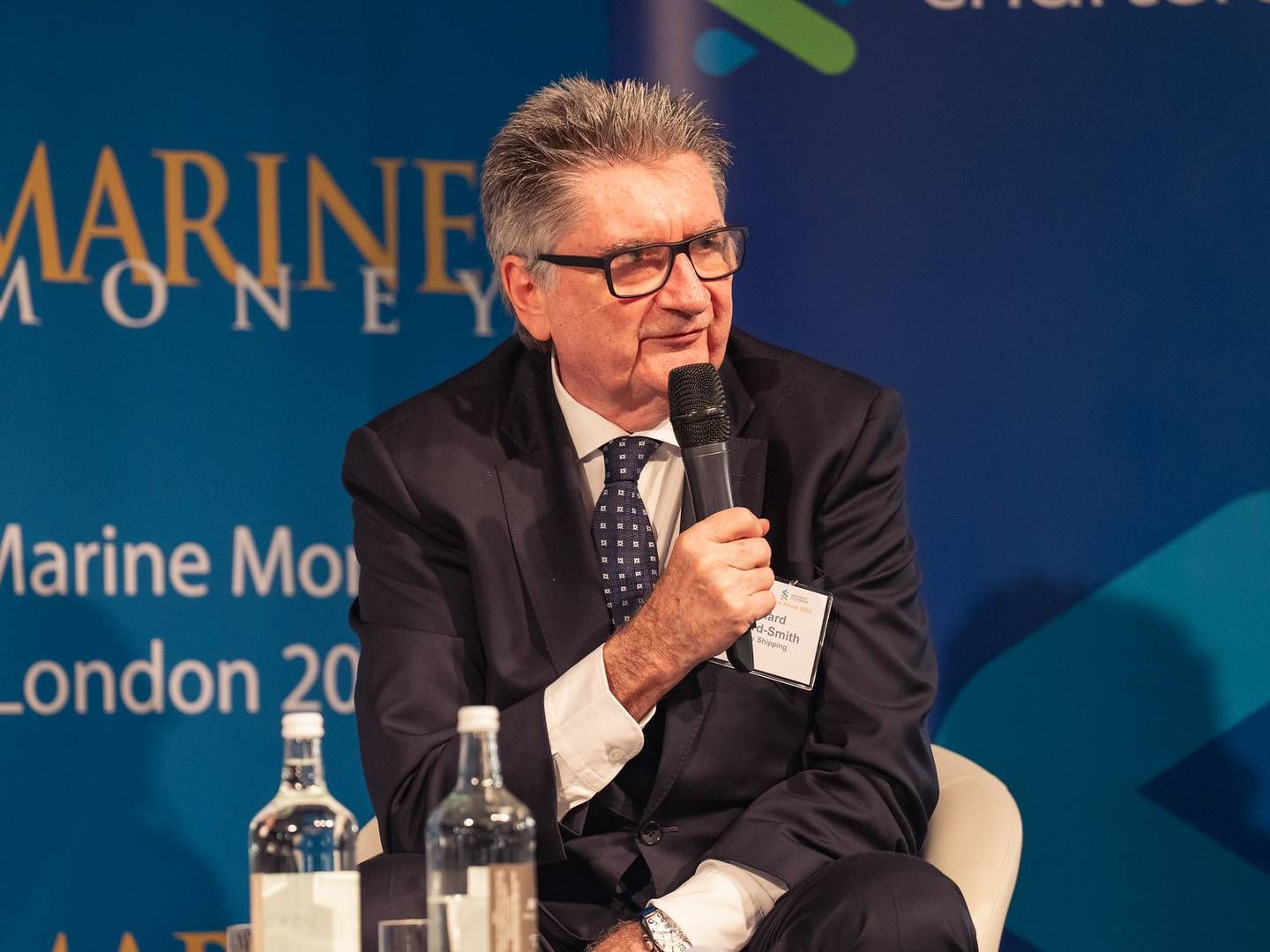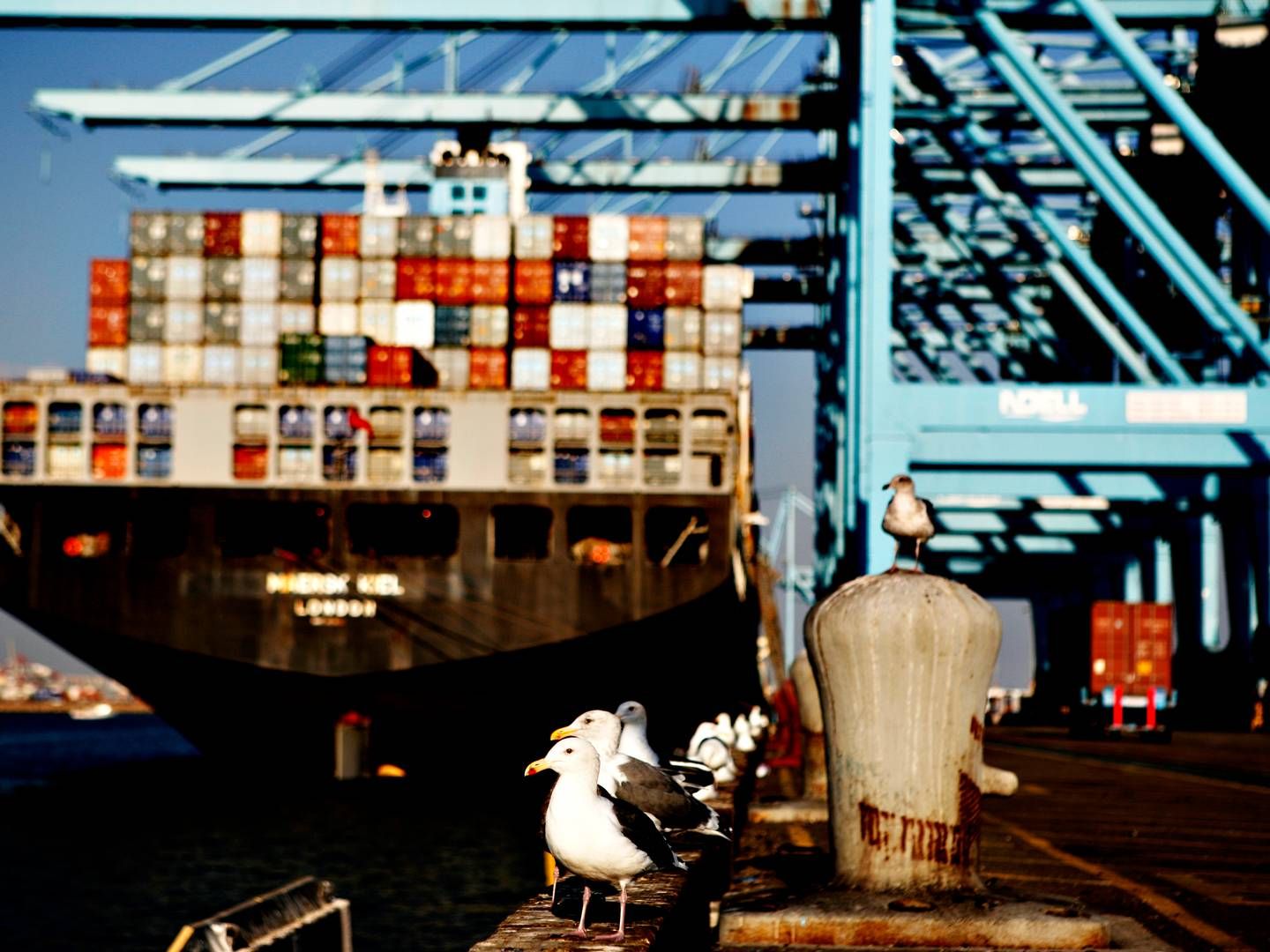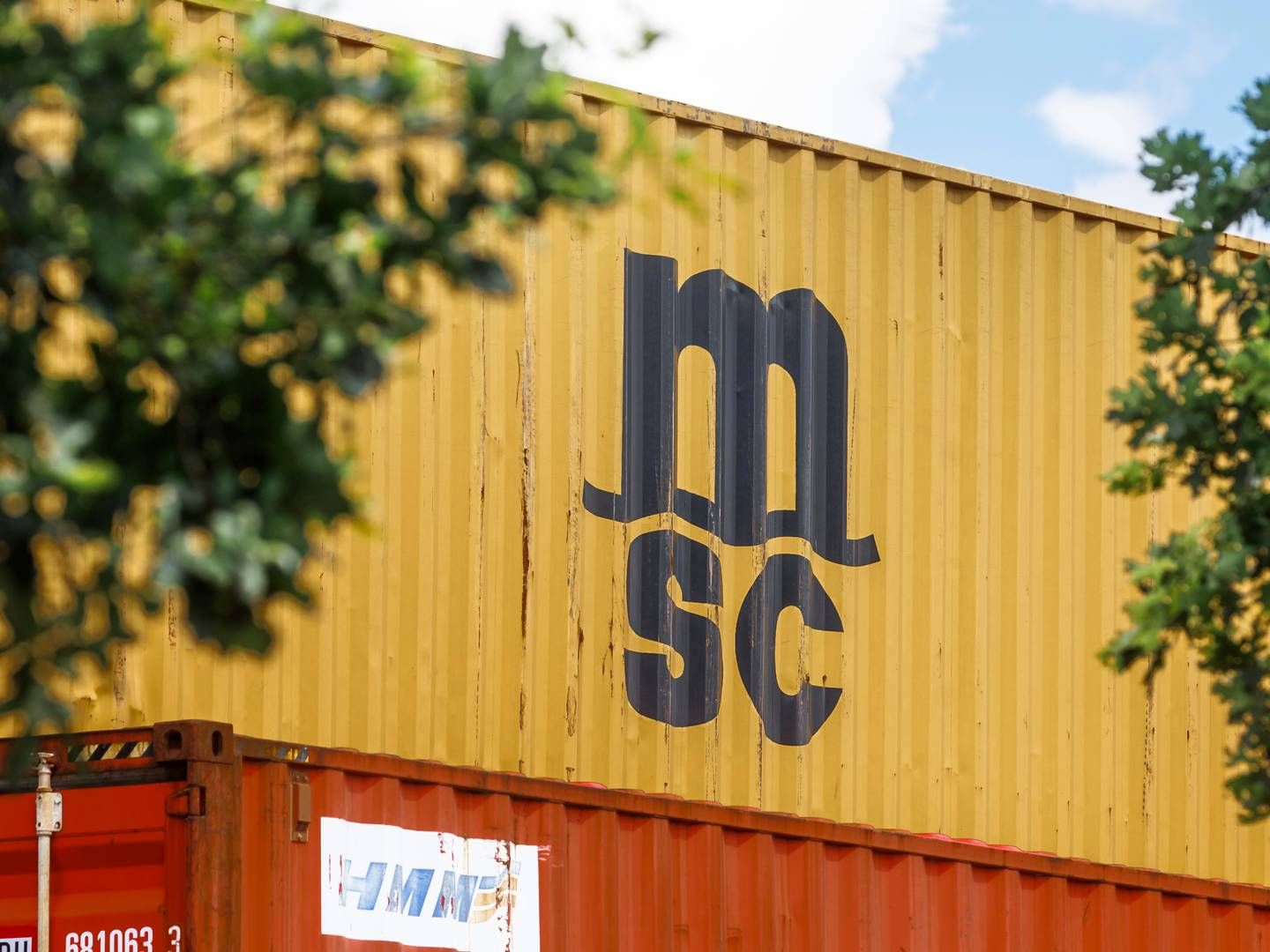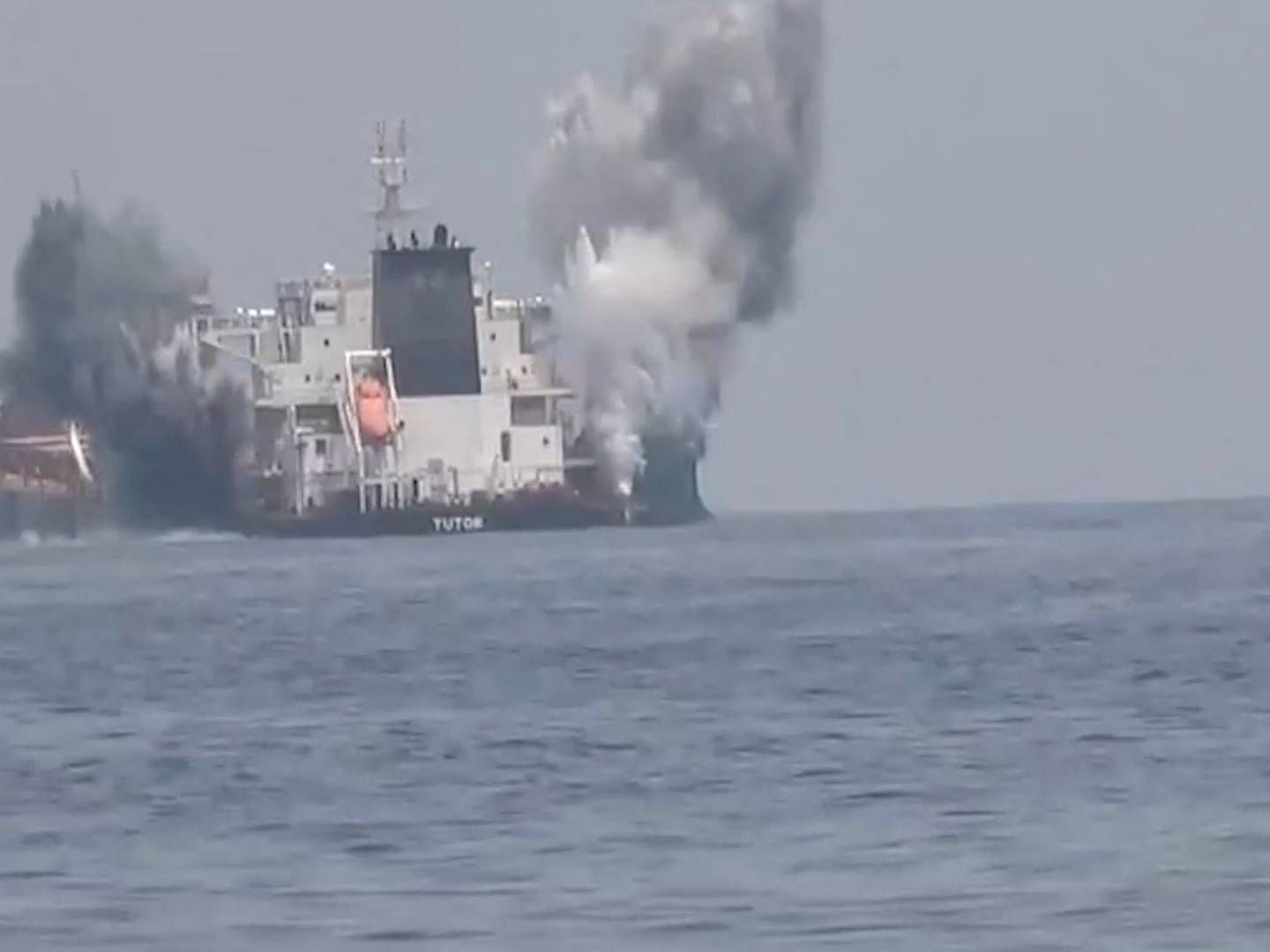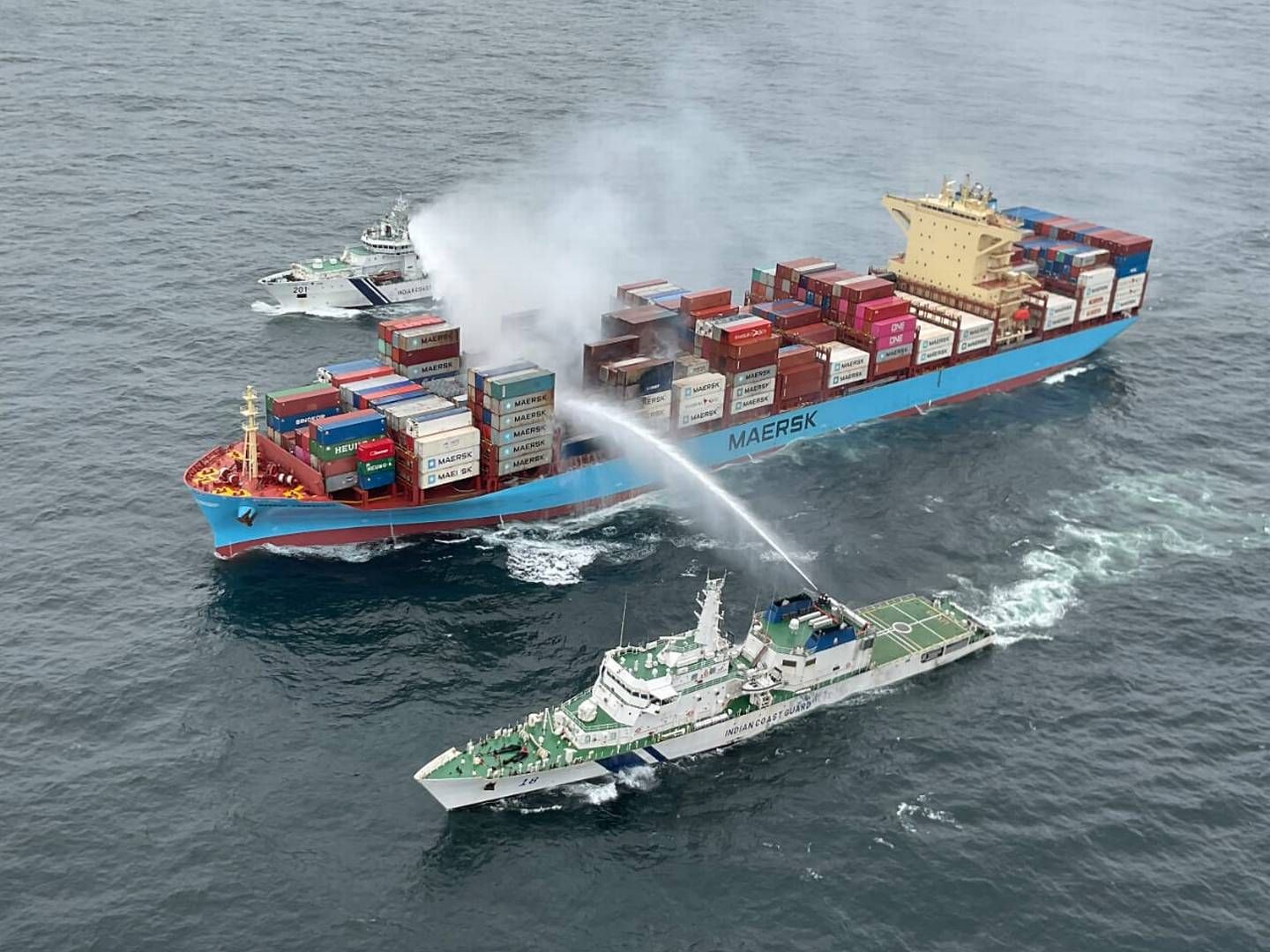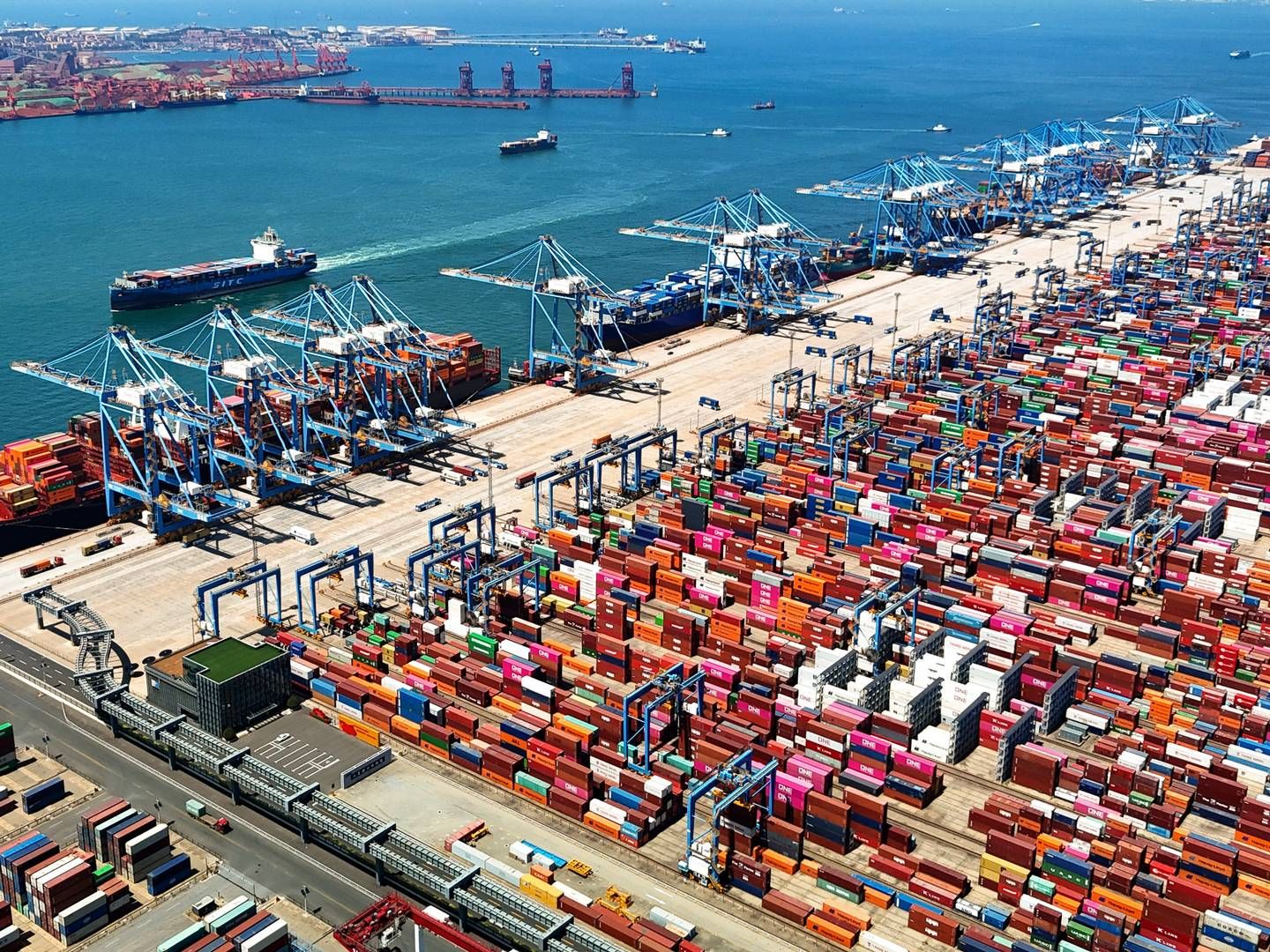Weco Tankers waives Russian oil on moral and practical grounds

The Danish operator Weco Tankers firmly rejects sailing with Russian oil products even though several exceptions in the sanctions make it legal.
”We took that decision on day one,” says Weco director Lars Vedfelt.
”We think it’s wrong. But we are also very attentive to making sure that we adhere to all rules and legislation. As such, it’s just easier to stay away entirely,” he tells ShippingWatch.
With the decision, Weco Tankers — which is part of Johan Wedell-Wedellborg’s Weco Shipping group — aligns itself with carriers such as Torm and Norden, both of which have also taken further steps than required by the sanctions against Russia.
By contrast, Hafnia alongside a list of Greek shipping companies and several leading trading houses are still willing to transport Russian oil as long as sanctions are otherwise maintained.
Generally speaking, these companies do such transportations based on the notion that companies should not self-sanction and instead let politicians create the rules and laws.
Multiple of these also mention that exemptions to the restrictions have been made to ensure that oil and other products continually flow onto world markets so prices don’t go soaring.
Would rather collaborate with major customers
Weco Tankers’ decision to not to partake in Russian oil freighting was partially made on moral concerns as well as to avoid inadvertently saying yes to cargo with hidden Russian interests.
”It is extremely difficult to safeguard oneself, making it easier to choose the cautious way and say no,” Vedfelt explains.
He underpins that Weco Tankers is very diligent in checking all refined oil products coming out of Europe that might have ties to Russia.
”The [Russian] involvement could come from unseen angles. So, we ask for all available documentation possible to ensure that all rules are complied with,” he adds.
Further, Weco Tankers also tries to safeguard itself by stringently choosing its customers.
”We have a major focus on collaborators. If you sign a contract with one of the major oil companies, you can be fairly sure that everything has been checked off,” says Vedfelt.
”We are currently allotted the luxury to choose whom we want to make business with, because the market is so strong. This is a pivotal element,” he maintains.
Opened up during crisis
Whether a tanker carrier sails with Russian oil or not, the invasion of Ukraine has been a major impact on the market.
The war and subsequent Western sanctions have created new trade patterns which mean that oil generally needs to be transported over longer distances, meaning more days at sea.
The change is also felt at Weco Tankers; last year, the company landed a profit of USD 42.7m.
The company plans on redoing that achievement this year, where expectations aim for a profit between USD 30-50m.
The upswing is in stark contrast to Weco Tankers’ first year. The company was founded in May 2020, just as the coronavirus crisis’ shutdowns made fuel consumption come to a halt, because cars and planes had nowhere to go.
The sluggish market continued into 2021, but here Weco Tankers managed to deliver a modest profit, contrasted to the results of many classic carriers.
Charters from Danish shipowners
This was mainly due to Weco Tankers being run and managed like an operator, where most of its fleet is chartered on long and short contracts. This enables quick adaptation of expenses.
”There were no shipowners that were able to shield themselves from the downturn of 2021. This is not a question of their capabilities. It was just nigh impossible if you owned ships. It showed the merits of our model,” says Vedfelt.
Weco Tankers’ armada usually counts approximately 20 product tankers that are e.g. chartered from Danish carriers like Torm, Norden, and Hafnia as well as from investment firm Dee4 Capital.
”We have a lot of friends here in town that supported us with ships from day one, and we’re very thankful for that,” he adds.
The operator model is very widespread among dry cargo companies but far less popular in oil freighting.
Weco Shipping’s owner and chair, Johan Wedell-Wedellsborg, expects the trend to continue.
”The current bar to entering the tanker market is a very large cash flow, because prices have increased so drastically. Thus, I do not think that we will see many other join our path,” he tells ShippingWatch.
English edit: Christian Radich Hoffman

